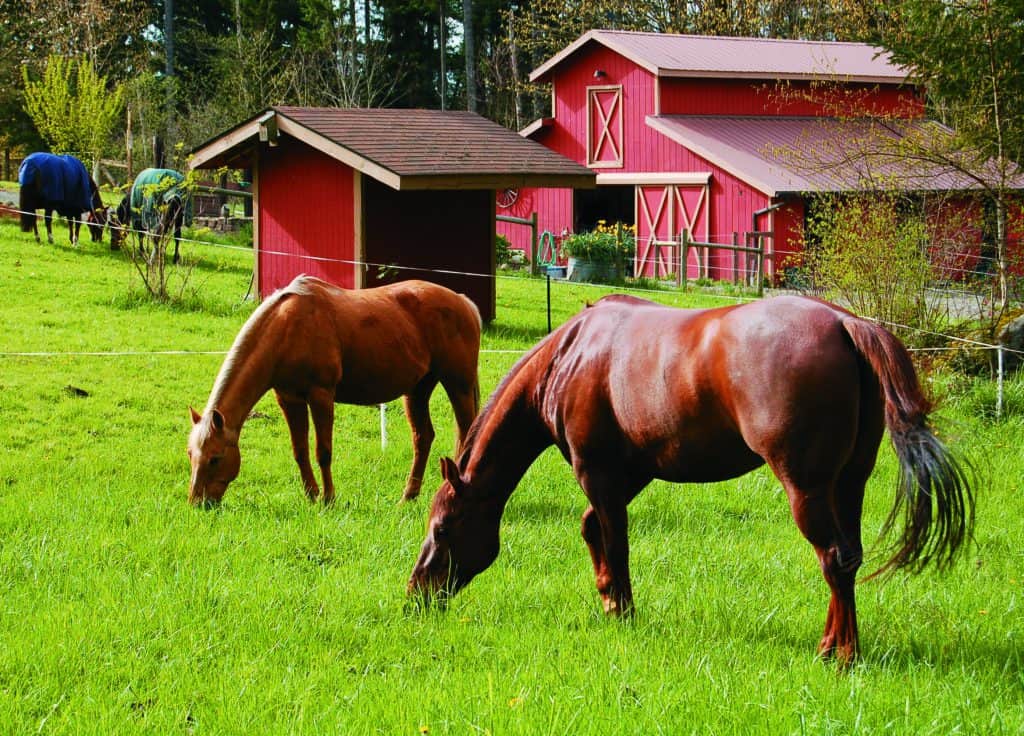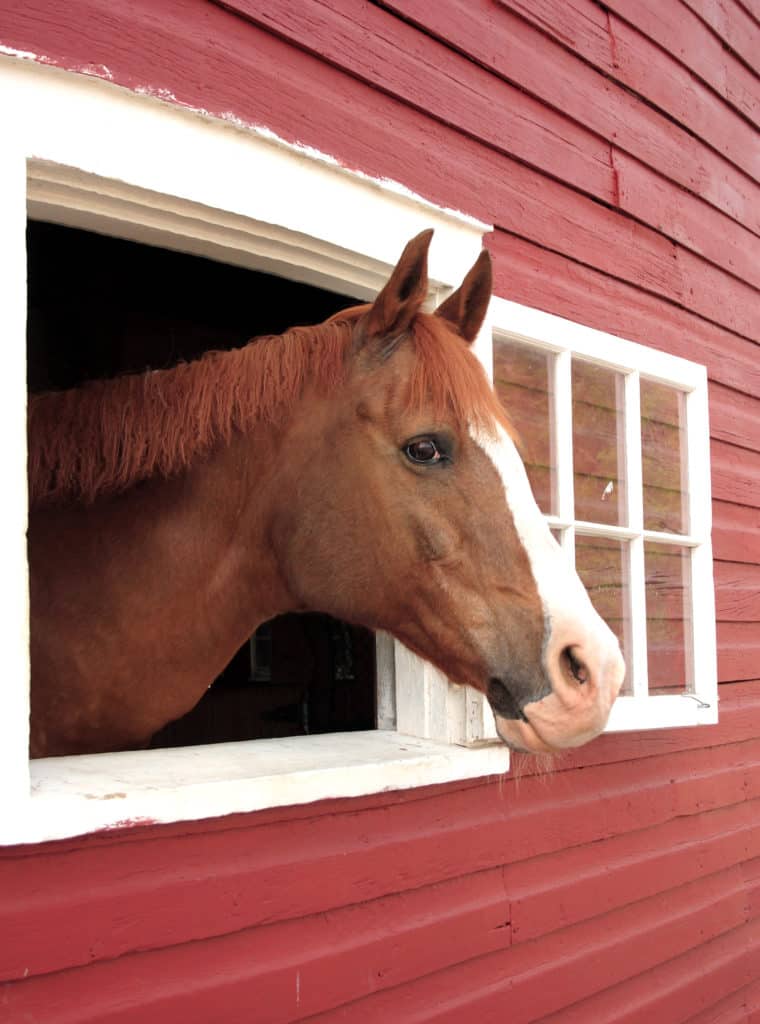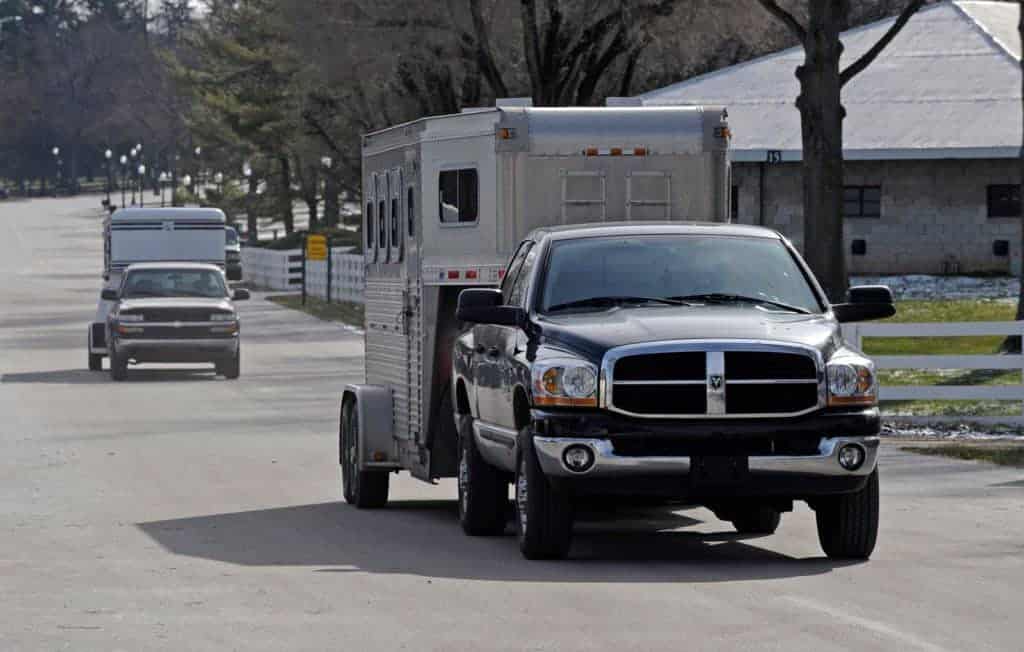Air Quality in Barns Critical for Horse and Human Health
Most equestrians know firsthand the dangers that accompany their passion for horses: bumps and bruises
Most equestrians know firsthand the dangers that accompany their passion for horses: bumps and bruises
Researchers have made strides in understanding airway diseases and what helps (or does not help) control them.

What environmentally friendly management practices might work for you and your farm?
While it may seem a little early to be thinking about dust, mud in the winter becomes dust in the summer. If you had muddy
Lasko Products Inc., manufacturer of home appliances such as fans and heaters, is recalling approximately 4.8 million box fans (similar to those frequently used in barns by horse owners) after an electrical problem in the fan’s motor has caused some

What hidden dangers lurk in your barn? Learn how to maximize air quality and improve safety in the stable.
Researchers have shown that significant amounts of mucus in a racehorse’s airway can negatively affect his performance, and they’ve theorized that dust in the horse’s environment contributes to that mucus. Therefore, the logical nex
The estimated 4.6 million Americans involved in the equine industry might be at risk of developing respiratory symptoms due to poor air quality in horse barns, according to a questionnaire study undertaken earlier this year by investigators at Tufts University’s Cummings School of Veterinary Medicine.
In addition to the risks viruses and bacteria pose to the horse, environmental exposure to particulates dispersed from feed, bedding, footing materials, and other sources (such as diesel exhaust) all can lead to IAD. Even small increases in aerodynam
All horse owners wish they had more time with their horses. For those who keep horses at home it is always a struggle to keep up with regular farm and barn maintenance and have enough time left to enjoy the horses. Performing proper building
If you think you are pampering and protecting your horse in his cushy, comfortable stall instead of turning him out on pasture, think again. Michigan State University researchers have found that stabled horses are exposed to eight
Horses are often fed diets that also contain high levels of grains and supplements to maximise growth or productivity. Katie Young, PhD, consulting equine nutritionist for Purina Mills, presented information on forage options for horses with commonly

Barn ventilation is essential for the health and safety of your horses and the maintenance of your barn. A little effort up front can prevent expensive and disappointing problems later.
High-quality products and maintenance can save time, money and providing a safer environment for your horse.

Dr. Josie Traub-Dargatz explains how to keep horses healthy by using certain infection control strategies.

Keep your horses cooler, less stressed, and happier when hauling in hot, humid conditions.
Stay on top of the most recent Horse Health news with
"*" indicates required fields